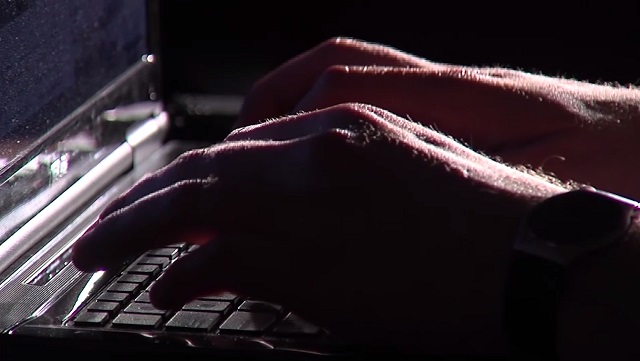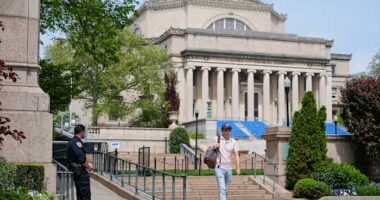Share this @internewscast.com

CHAMPAIGN-URBANA, Ill. (WCIA) — Researchers at the University of Illinois discovered that an individual’s media habits can influence their relationships, sometimes even leading to the termination of romantic connections.
Emily Van Duyn, a communication professor at the University of Illinois Urbana-Champaign, conducted a survey with 28 individuals who had recently ended romantic relationships due to political disputes.
The participants had been in various types of relationships, from committed dating to cohabitation and long-term marriage. Their political beliefs and those of their partners included Libertarian, Conservative, Democrat, Republican, and Progressive.
The study by Van Duyn showed that disinformation and misinformation create significant rifts both in public arenas like media and social media and within personal relationships.
According to the author, “It’s significant to understand that these relationships didn’t end solely due to differing political views. They ended, at least partially, because these differences in beliefs were linked to differing realities that challenged a mutual identity and shared reality with their partners.”
Van Duyn’s research further revealed that participants’ difficulties extended beyond mere political disagreements. The presence of false information led to alternate realities that put severe strain on romantic relationships.
Van Duyn explained that people expect their partners to share a similar view of the world. This can help foster happiness and closeness in romantic partnerships. But when one partner fixates on extreme or false political information, it can cause significant tension.
“This kind of rabbit-holing behavior is often associated with online conspiracy groups or content because it drives people to persistently dig further into similar topics or theories,” Van Duyn told the U of I News Bureau. “There’s some evidence that platforms — and social media platforms in particular — are feeding this behavior because their algorithms are recommending things or queuing up videos to play next that entice viewers to continue their engagement with the information for extended periods.”
Van Duyn said one couple’s months-long relationship fell apart after they disagreed on the need to get vaccinated against the coronavirus. Another couple — who previously shared similar views — ended their 23-year marriage after one of them became immersed in conspiracy group culture.
Van Duyn found that some people built their identities around conspiracy theories, while others embraced media sources their partners found untrustworthy. This led to couples feeling forced to choose between validating their partners or validating what they believed to be true.
Van Duyn concluded that individuals’ media habits are intertwined with their relationships, and that consuming misinformation or disinformation can widen the divide between romantic partners.
You can read more about the study here.









